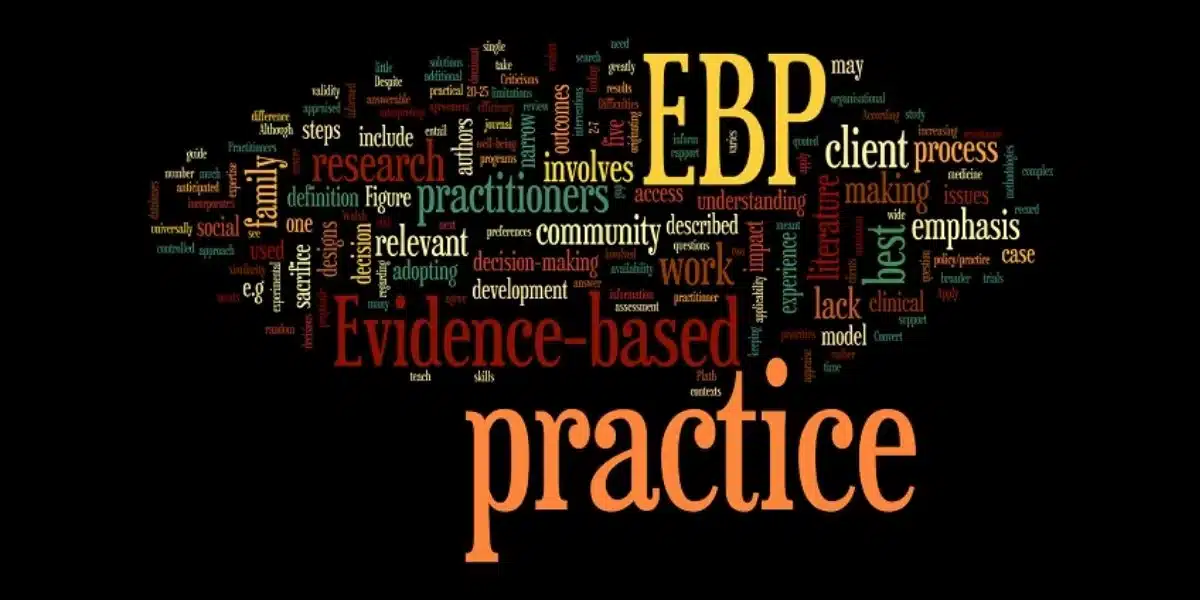An Evidence-Based Practice for Any Therapy Treatment Model

The Partners for Change Outcome Management System (PCOMS) is an evidence-based practice supported by eight randomized clinical trials (and counting). Each of the eight trials unequivocally demonstrates improved therapy outcomes. But PCOMS is different than how most of us think about an evidence-based practice.
There’s No Theoretical or Diagnostic Baggage
Typically, an evidence-based practice (EBP) is a specific treatment for a specific diagnosis. For example, cognitive behavioral therapy (CBT) or interpersonal therapy (ITP) for depression.
PCOMS, however, is not a treatment model, and it applies to all client problems or diagnoses. PCOMS is a-theoretical (or transtheoretical, if you prefer). It offers no explanation for client problems nor does it suggest a remedy — both of which are features that define a treatment model.
Rather, PCOMS is an intervention designed to complement and enhance the multitude of treatment approaches available to us today. All approaches to psychotherapy — whether CBT, psychodynamic, humanistic, systemic, or narrative — intend to improve the client’s quality of life (decreasing distress / improving well-being) in one way or another. The problem is that no treatment model (or therapist) works for all clients. That’s where PCOMS comes in.
It simply identifies those clients who are not responding to your model — to your therapeutic business as usual — so that you can figure out, with the client, what to do before the client drops out or realizes a negative therapy outcome.
Bottom line: Do that thing you do best until you have direct evidence from the client, via the PCOMS measures, that he or she is not benefiting; then collaborate with the client to develop a different approach.
PCOMS Complements and Enhances Any Model
This is a win-win for both clients and therapists alike. Clients improve with the change of therapy approach or method, and therapists accelerate their development and expand their repertoires by considering multiple ways of understanding and intervening.
If your preferred model of practice seeks to improve the quality of the client’s life between sessions, then PCOMS and Better Outcomes Now, its web application, are for you. Knowing who is not benefiting from therapy helps you tweak your approach — or change it altogether — to restore a positive change trajectory.
